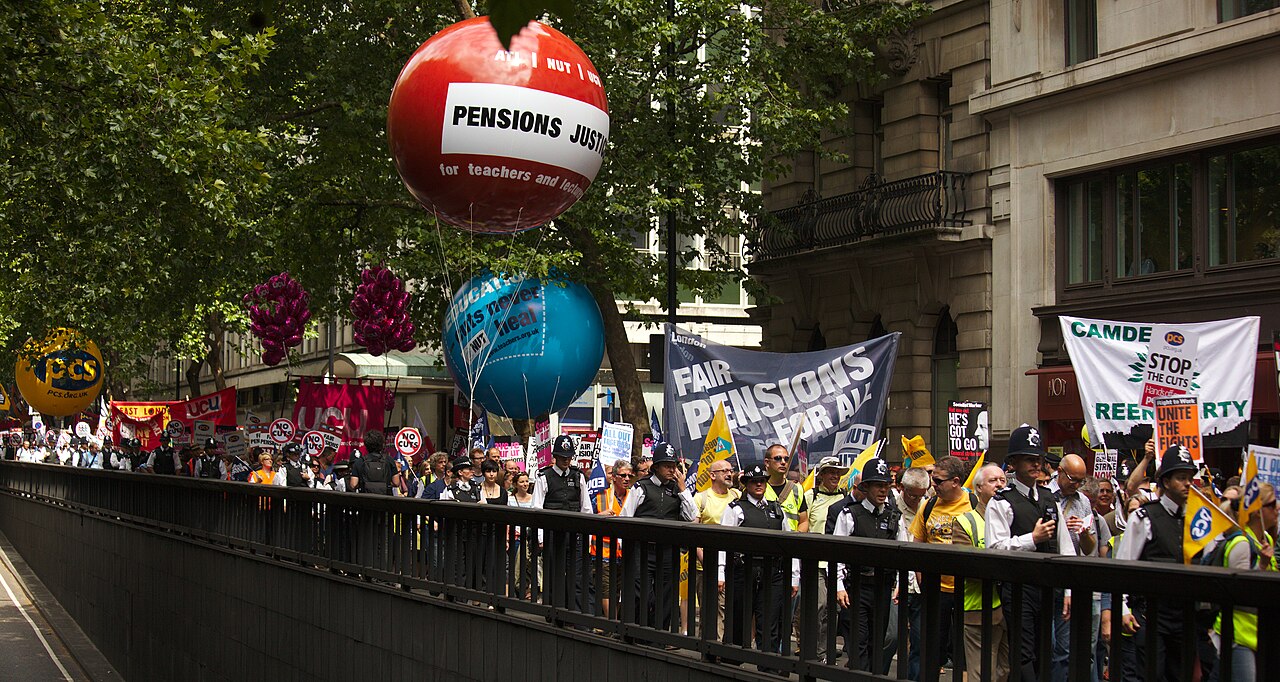 BBC News
BBC NewsBorrowing was £17.4bn last month, the second highest October figure since monthly records began in 1993.

Finito World
It is a curious feature of British public life that a 4% pay rise — once a figure to be scoffed at — is now presented as a benevolent windfall. This week, the government announced that most teachers and doctors in England would receive such a rise, having accepted the recommendations of their respective pay review bodies. The timing, in the shadow of a looming general election, is as subtle as a foghorn.
Let us be clear: this is not largesse. The government had originally budgeted for 2.8%, and the difference, ministers assure us, will be “found” within existing budgets — a euphemism that invariably signals cuts elsewhere. Indeed, schools are already being asked to “improve productivity”, a phrase that in the public sector too often means doing more with less, until there is nothing left to do with.
Health unions are, understandably, incandescent. While doctors — now rebadged as “resident doctors” in what must be the NHS’s most pointless rebranding exercise since “patients” became “service users” — receive a higher average rise of 5.4%, nurses and midwives are offered just 3.6%. The Royal College of Nursing called this “grotesque”. They are not wrong. It is hard to see the logic — economic, political or moral — of prioritising junior doctors over the nurses who keep the wards running.
What this pay round reveals, once again, is the government’s habitual instinct for managing symptoms rather than curing disease. Ministers crow about fiscal responsibility while pushing costs down the chain — to headteachers, hospital trusts, and eventually patients and pupils. The promise that frontline services will remain untouched is not just optimistic; it is demonstrably untrue.
Meanwhile, inflation has inched upwards to 3.5%, with the Bank of England warning it may yet rise further. The so-called pay rises may, in real terms, amount to little more than a pay freeze — or worse. That is before accounting for the impact on morale, which continues its gentle decline into cynicism and burnout.
The Conservatives, for their part, will struggle to find a coherent response since their own delays over settling strikes linger long in the memory of parents, pupils and teachers alike. Insufficient time has passed for Kemi Badenoch’s Tories to generate anything remotely like nostalgia: all it can do is cavil at the government’s creative accounting.
This latest round of pay announcements is not a plan; it is a patch. And like all such patches, it risks unravelling at the first tug — a ballot here, a strike there. The Treasury may think it has drawn a line under public sector pay. In fact, it has merely postponed the reckoning.